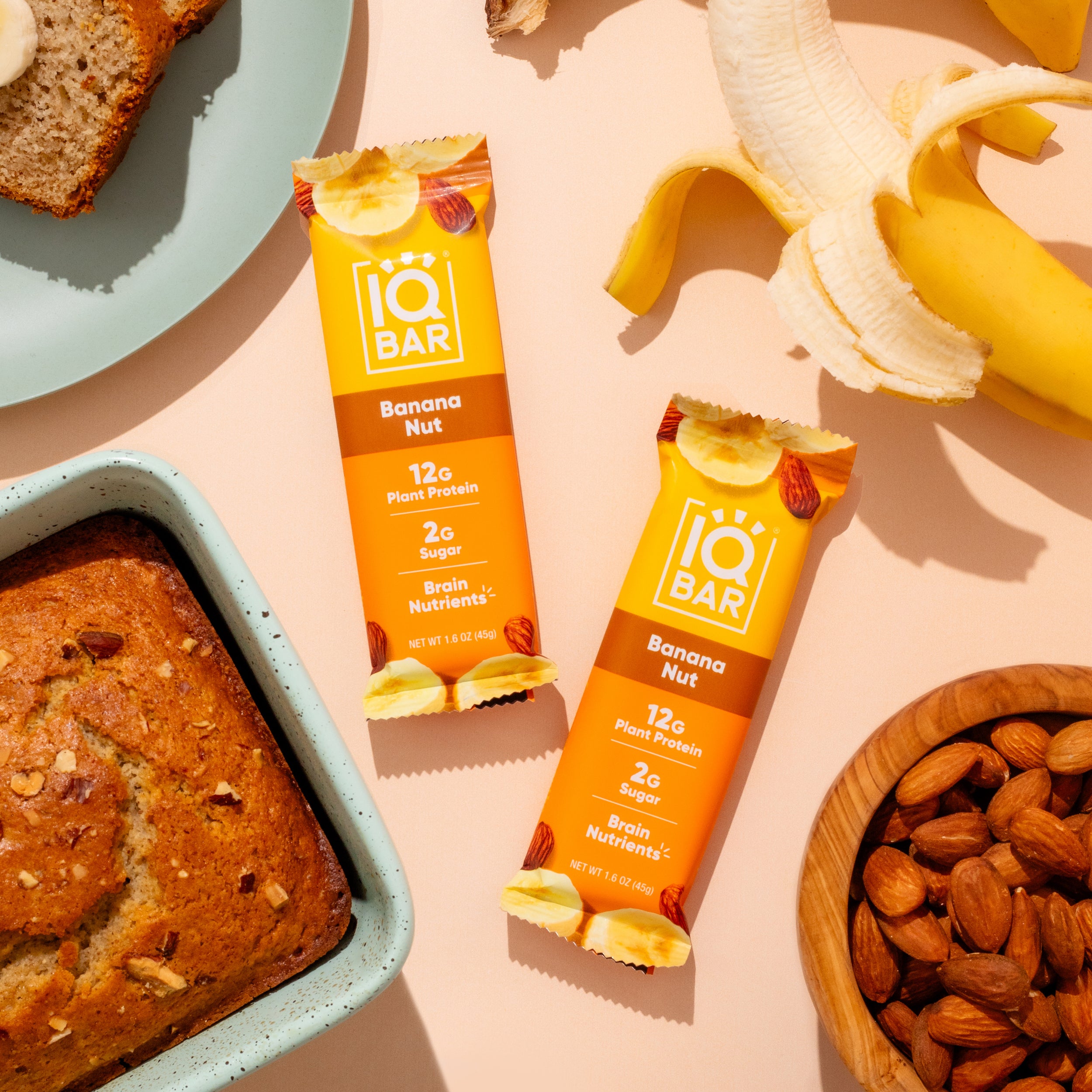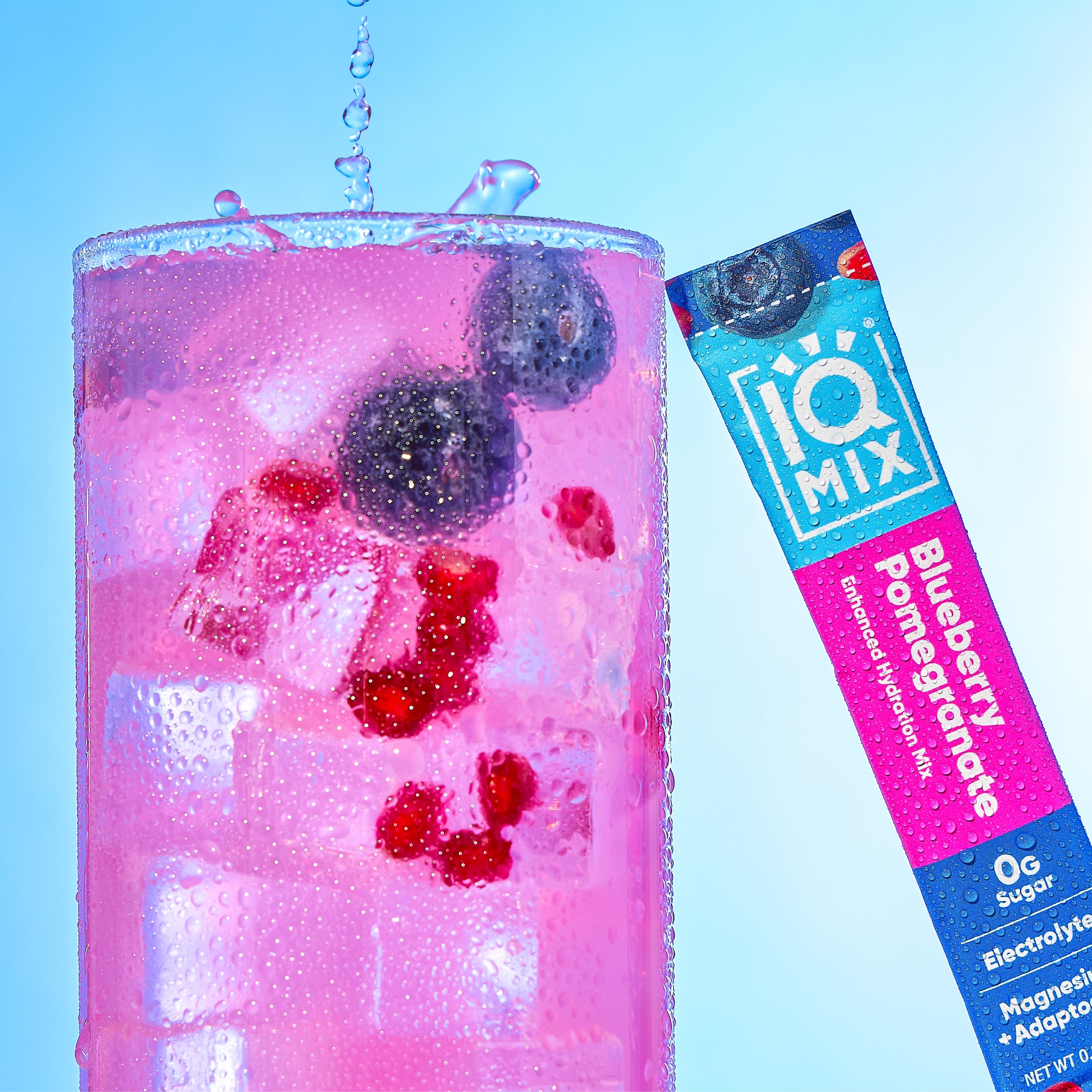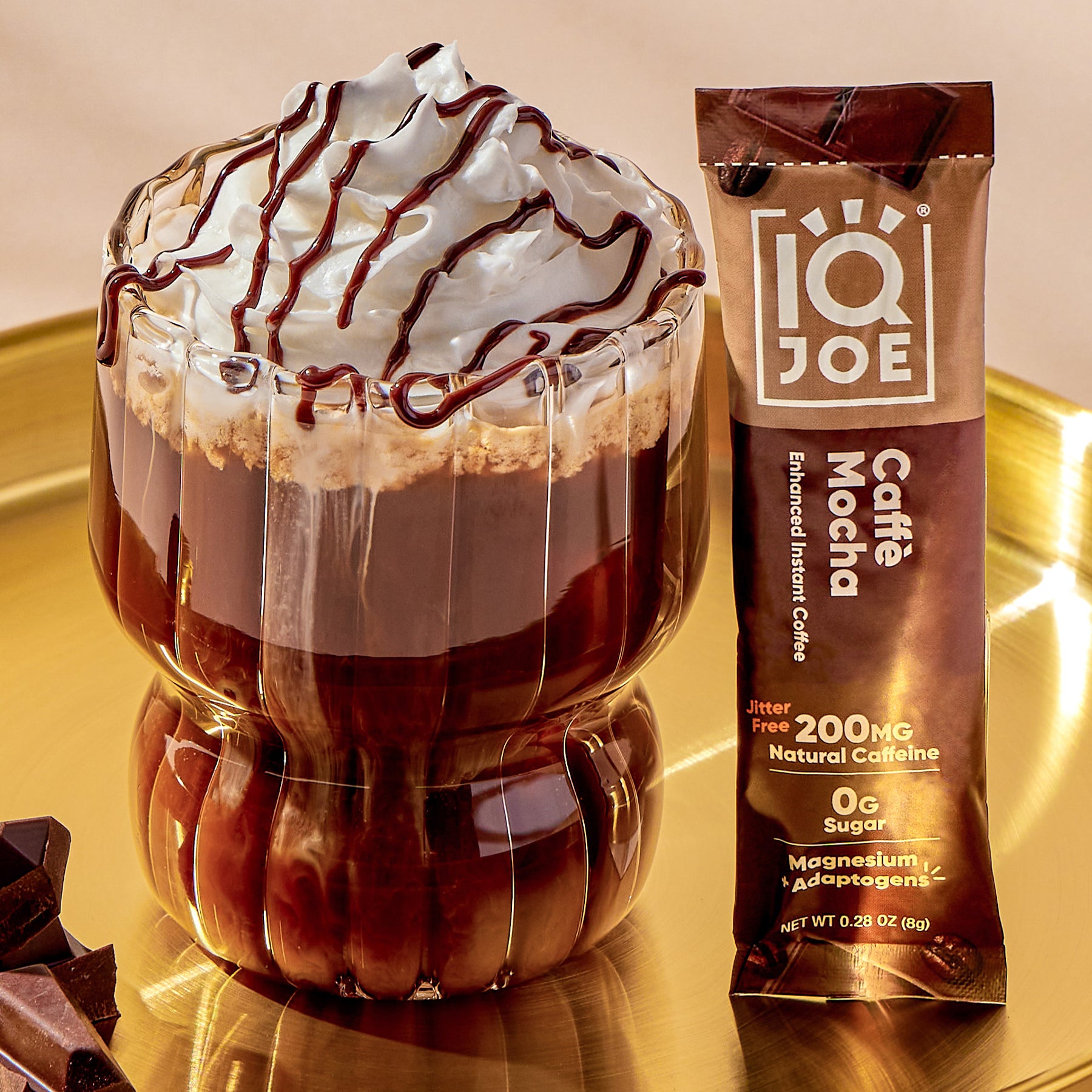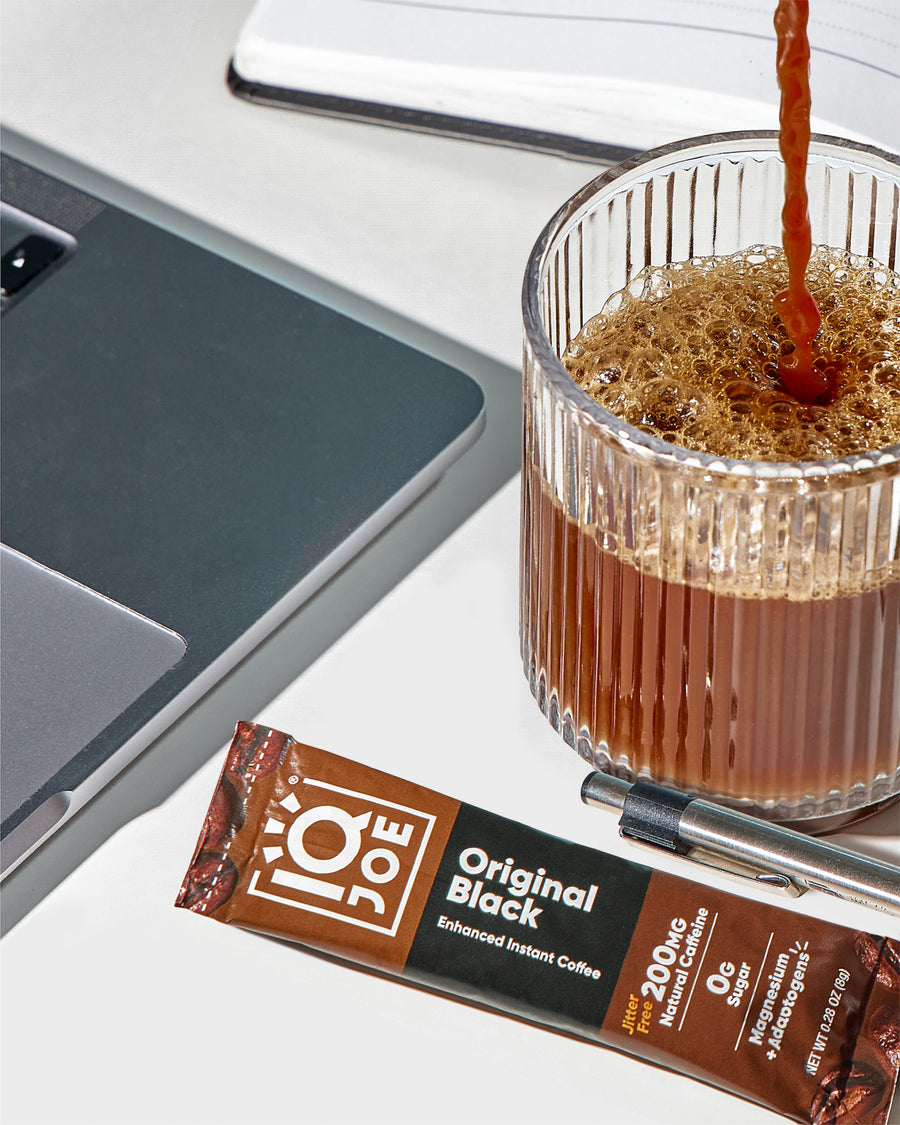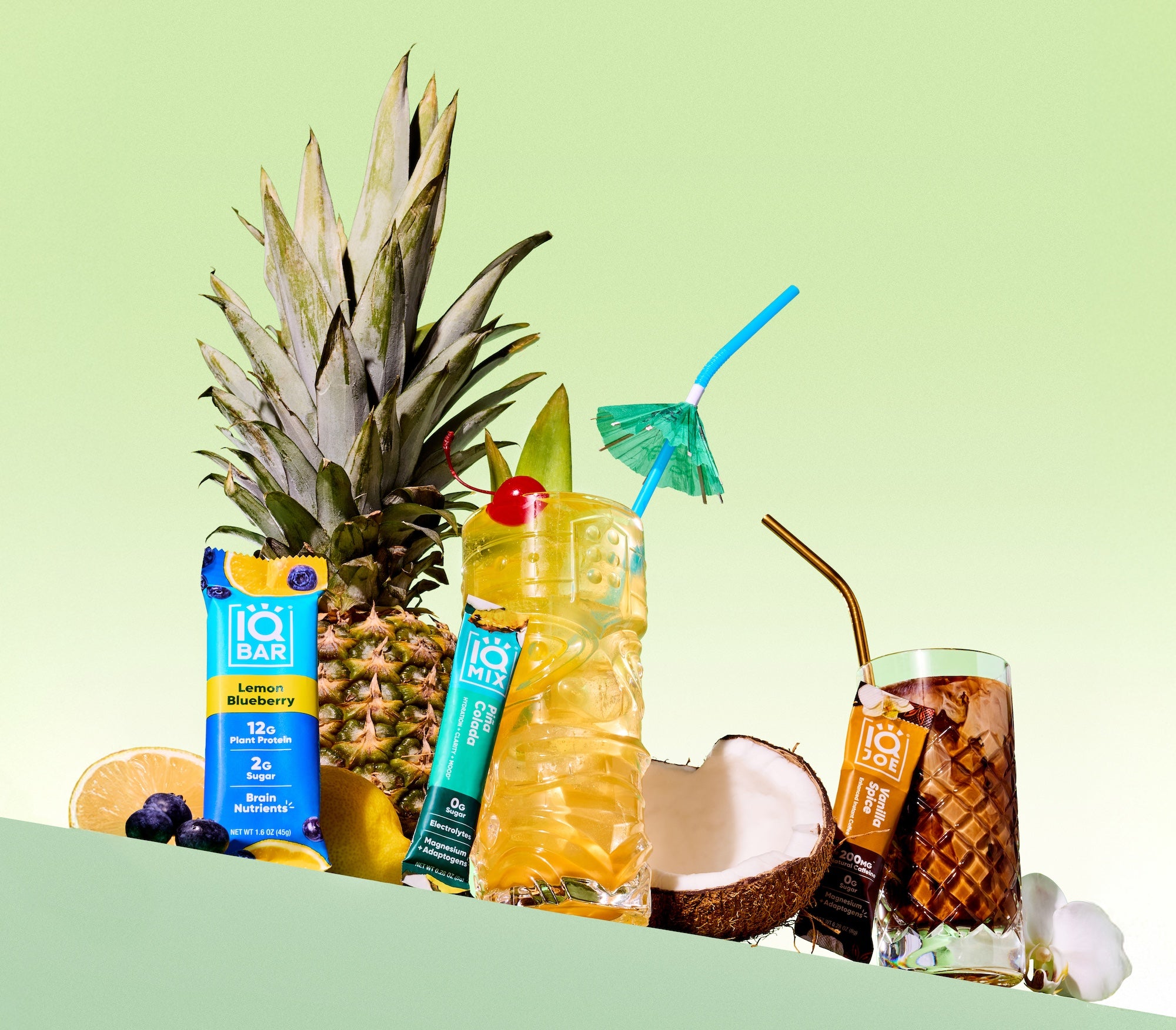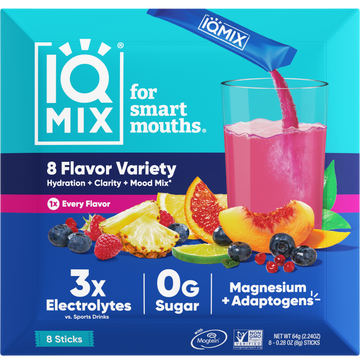Ultra Clean Label
Non-GMO
Gluten-Free
Dairy-Free
Soy-Free
Vegan
Kosher
Brain + Body Nutrients
Plant Protein Bars
Brain Nutrients
Body Nutrients
Hydration Mixes
Brain Nutrients
Body Nutrients
Instant Coffees
Brain Nutrients
Body Nutrients
How Your Day looks With...
SATIATE + HYDRATE + CAFFEINATE
Everything You Need to Win Your Day
Whether you need morning fuel as you run out the door, an afternoon pick-me-up at your desk, or a replenisher after a long workout, IQBAR® has you covered. Our plant protein bars, hydration mixes, and instant coffees are all clean, functional, ultra-low-sugar, and delicious. You can’t go wrong!



